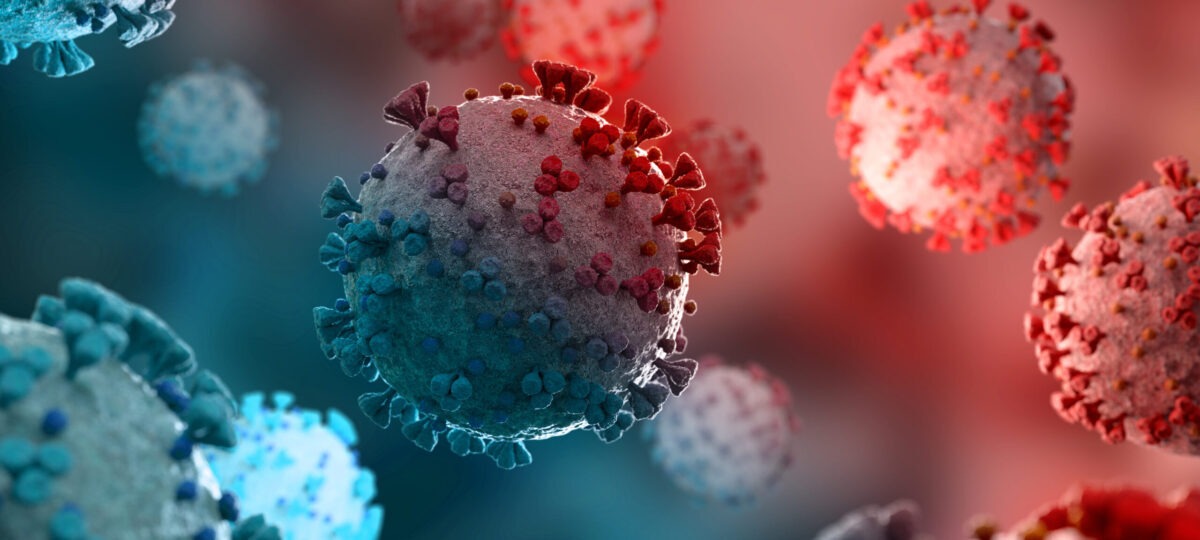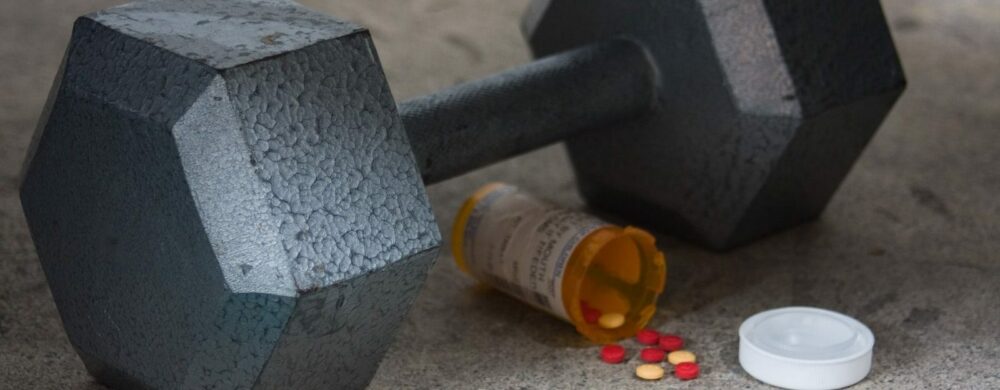Table of Contents
Infinite Recovery Treatment Centers’ top priority for our clients and staff is to be safe from the spread of the Coronavirus (COVID-19). The guidelines we follow for signs and symptoms are provided by the Department of Health and will be followed at all locations. Infinite Recovery staff has been educated about monitoring signs or symptoms and reporting them to medical personnel. The medical staff has ensured that they follow the Department of Health and CDC guidelines and will report any incidents to their local health department.
Infinite Recovery closely monitors reports and information shared by the Centers for Disease Control and Prevention (CDC) about the coronavirus disease (COVID-19). We understand this is a concern to the community and will remain vigilant in monitoring and responding to this ever-evolving situation. We are currently accepting patients into all facilities at this time with increased precautions.
Infinite Recovery has implemented a full-scale infection control plan, including the following:
- Infinite Recovery has purchased additional sanitary supplies, including antibacterial soap, hand sanitizers, antimicrobial wipes, bleach, and disinfectant sprays.
- We have increased cleaning and maintenance for a complete and thorough wipe-down of all residences and common areas. In addition, staff has been instructed to perform continuous disinfection of surfaces and other areas where infection can be transmitted, i.e., doorknobs, light switches, etc. We also use Quat 256 daily for high-traffic areas, including desks, water fountains, tables, restrooms, surface areas, and nurses’ areas. Quat 256 is a hospital-grade disinfectant and is EPA registered.
- All employees are urged to stay home if they have any signs or symptoms of being ill. Employees who report to work ill will be sent home following these health guidelines:
- Employees planning to travel out of the country must contact Human Resources in advance to discuss possible restrictions and quarantines mandated by CDC guidelines.
- Due to the nature of our business, telecommuting is not conducive to our work environment and our ability to serve our clients. Currently, all employees will report to their work locations as usual. We will communicate any updates as needed based on CDC guidelines.
Client Precautions
Upon admission to our detox programs, all clients will undergo an evaluation which includes checking their temperature for fever, observation for any coughing, sneezing, or respiratory issues, etc., and blood work on a case-by-case basis.
Aside from the increased education on infection control protocols, we have also set some guidelines to limit exposure:
- Client outings have been temporarily postponed (this includes outside meetings) – alternative options have been made
- Clients are urged to keep a safe distance from other persons
- Clients have been instructed to report any symptoms to medical staff
- Constant hand washing throughout the day
- Cover your cough and/or sneeze
- Clients and visitors will not be allowed into the facility if they have any of the symptoms listed under clinical features or have been in a high-risk coronavirus area
- If clients contract coronavirus, they will be isolated and quarantined on location. All suspected cases are reported to the Department of Health (or local agency), which will handle them accordingly
- 24/7 facilitation of rapid COVID testing at a partner hospital before admission
- All clients and staff are required to wear masks on campus at all times
Any decisions that may need to be made regarding a change to recovery operations will be made with guidance from the CDC and local health officials, along with guidance and direction from the authorities at the Texas Department of Health. This is a rapidly evolving situation, and information will be updated as it becomes available.
Information from the CDC: Symptoms of COVID-19 may show up 2–14 days after exposure. The steps you should take if you think you are sick with COVID–19 depend on whether you have a higher risk of developing severe illness.
Prevention of COVID-19
In addition to vaccines to prevent COVID-19, DSHS recommends these everyday actions to help prevent the spread of any respiratory virus, including COVID–19:·
- Wash hands often for 20 seconds and encourage others to do the same.
- Use hand sanitizer with at least 60% alcohol if no soap and water are available.
- Cover coughs and sneezes with a tissue, then throw the tissue away
- Avoid touching your eyes, nose, and mouth with an unwashed hand
- Disinfect surfaces, buttons, handles, knobs, and other places touched often.
- Avoid close contact with people who are sick.
- In each group, time is allotted for education around the importance of safe practices for the prevention of spreading infection
DSHS also recommends that you start practicing social distancing. Social distancing involves staying away from other people to avoid catching or spreading illness. It’s a fancy term for avoiding crowds and minimizing physical contact. This could mean avoiding concerts or weddings, skipping the handshake, and staying at least six feet away from others.
How COVID-19 Spreads
The virus is thought to spread mainly from person to person:·
- Between people in close contact with one another (within about 6 feet).
- Via respiratory droplets are produced when an infected person coughs or sneezes.
These droplets can land in the mouths or noses of nearby people or possibly be inhaled into the lungs.
People are thought to be most contagious when they are most symptomatic (the sickest). Some spread might be possible before people show symptoms; there have been reports of this with this new coronavirus, but this is not thought to be the main way the virus spreads.
DSHS COVID‐19 Call Center: 1-877-570-9779
Learn more about COVID‐19 symptoms on the CDC website.
















